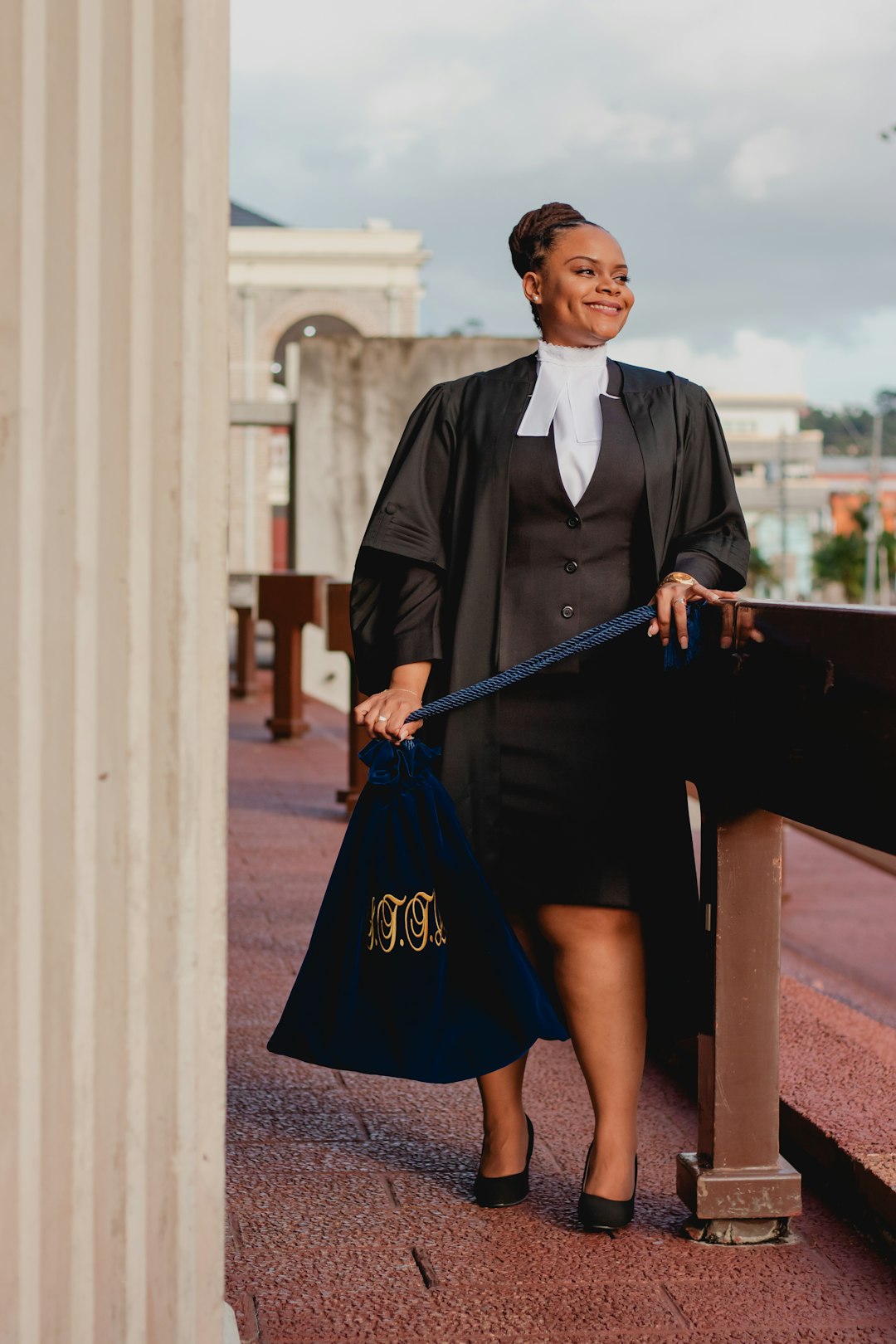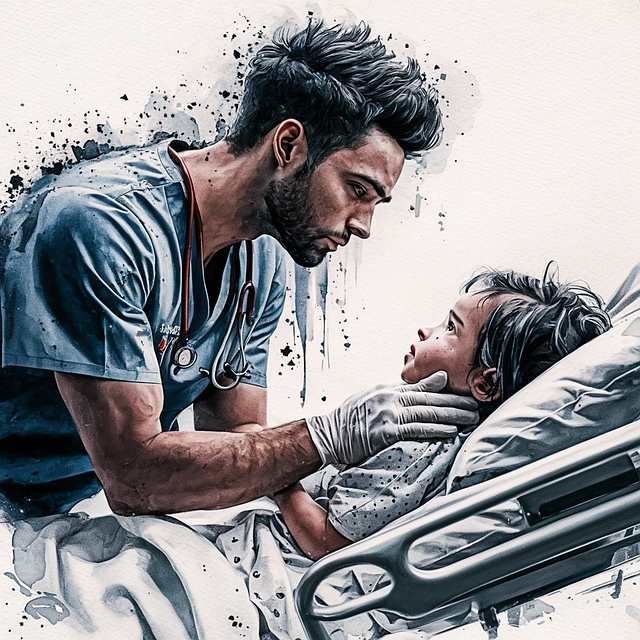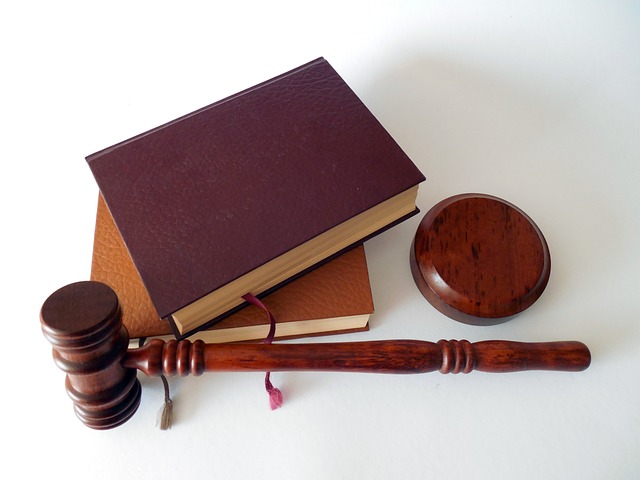St. Louis tackles elderly abuse through multifaceted strategies, recognizing physical, emotional, financial, and sexual exploitation. Elderly sexual assault law firms St. Louis play a pivotal role in advocacy, offering specialized legal support to survivors due to unique challenges faced by older adults. Community programs raise awareness, provide workshops, and offer support groups, empowering seniors with education on consent, financial literacy, and safety. Data shows growing need for intervention, with increasing reports of sexual assault cases. Partnerships between legal experts, healthcare providers, and non-profits ensure holistic care for recovery, enhancing St. Louis as a leader in elderly abuse prevention and response.
The well-being of our elderly population is a paramount concern, especially regarding the pervasive issue of abuse and neglect. St. Louis, like many urban centers, faces unique challenges in addressing these problems, particularly within vulnerable communities. The impact of elder abuse extends far beyond physical harm; it shatters trust, fosters isolation, and can have long-lasting psychological effects. In this context, understanding and implementing effective recovery programs are essential to restoring the dignity and security of those affected. This article delves into the critical role of community initiatives, focusing on St. Louis’ response through specialized programs aimed at healing and supporting survivors, with a specific emphasis on sexual assault cases, where elderly sexual assault law firms in St. Louis play a pivotal role in advocacy and legal support.
Understanding Elderly Abuse: Recognition & Prevention in St. Louis

In St. Louis, understanding elderly abuse is a critical first step toward prevention and recovery. Elderly abuse can take many forms, including physical, emotional, financial, and sexual exploitation. Sexual assault, in particular, remains a significant concern, affecting an estimated 10% of seniors nationwide, according to the National Center on Aging and Disability. St. Louis elderly sexual assault law firms play a vital role in advocating for victims and holding perpetrators accountable.
Recognition is key to preventing elderly abuse. Signs may include unexpected changes in behavior, unexplained financial transactions, or physical injuries. For sexual assault, red flags can be subtle, such as increased anxiety, changes in personal hygiene, or sudden withdrawal from social activities. Professionals and family members alike should remain vigilant and report any suspicious activity to relevant authorities. St. Louis community programs offer resources like support groups and educational workshops that raise awareness among caregivers and seniors alike, fostering an environment of prevention.
Data from local elder abuse hotlines reveals a growing need for intervention. In 2021, the St. Louis Area Agency on Aging received over 500 reports of elderly abuse, with sexual assault cases showing a steady rise in recent years. This trend underscores the importance of proactive measures and robust support systems. Elderly sexual assault law firms in St. Louis collaborate closely with local agencies to ensure victims receive not only legal representation but also access to mental health services and temporary housing.
To prevent elderly abuse, community involvement is essential. Encouraging open conversations about consent and personal boundaries can empower seniors against potential perpetrators. Local organizations often host workshops on financial literacy and safety, empowering the elderly to protect their assets. By combining legal advocacy, education, and support services, St. Louis sets a standard for protecting its most vulnerable citizens, ensuring that cases of elderly abuse are recognized, reported, and effectively addressed.
Legal Support: St. Louis Elder Sexual Assault Law Firms Step In

In St. Louis, where efforts to combat elderly abuse have been steadily gaining momentum, a significant gap has long existed in addressing one of the most sensitive forms of mistreatment: elderly sexual assault. This issue, often shrouded in stigma and silence, demands focused attention, especially given the vulnerable nature of the elderly population. Thankfully, St. Louis elderly sexual assault law firms are stepping up to fill this critical void, offering specialized legal support and advocacy for survivors.
These law firms have recognized the unique challenges faced by victims of elderly sexual abuse, which can be particularly complex due to power imbalances, cognitive impairments, and societal taboos surrounding the topic. By focusing exclusively on such cases, they provide expertise tailored to the needs of older adults. For instance, a study conducted by local non-profit organizations revealed that over 60% of reported sexual assaults against the elderly went unsolved, highlighting the critical need for specialized legal intervention. Elderly sexual assault law firms in St. Louis are equipping survivors with the legal tools to seek justice and hold perpetrators accountable.
Their role involves extensive research into often-nuanced legal matters, understanding the complexities of elder care laws, and navigating the emotional journey of their clients. One such firm, known for its pro bono work, has successfully represented several victims, securing significant compensation and ensuring their anonymity while pursuing justice. This specialized support not only empowers survivors to come forward but also sends a powerful message that elderly sexual assault will not be tolerated. By taking on these cases, St. Louis elderly sexual assault law firms are revolutionizing the response to this pervasive issue, fostering a safer environment for our aging population.
Recovery Programs: Resources and Support for Elderly Survivors

St. Louis offers a range of community programs dedicated to supporting elderly survivors of abuse, focusing on recovery and restoration. These initiatives are crucial in addressing the unique challenges faced by older adults who have experienced neglect, financial exploitation, or, in some severe cases, elderly sexual assault. Local resources include specialized support groups facilitated by social workers and therapists, providing a safe space for sharing experiences and building resilience. For instance, several non-profit organizations conduct workshops targeting financial literacy and fraud prevention, empowering seniors to protect their assets.
One notable aspect of the city’s response is the collaboration between healthcare providers, legal experts, and elderly sexual assault law firms in St. Louis. These partnerships ensure comprehensive care for survivors, offering not only medical and psychological support but also legal advocacy. Many programs provide access to counseling services tailored to address trauma, depression, and anxiety commonly associated with abuse. Furthermore, transportation assistance and home-based care enable seniors to attend appointments and maintain independence.
Data from local authorities indicates a growing demand for these services, underscoring the need for continuous expansion and improvement of recovery programs. Elderly survivors often face barriers such as isolation, cognitive impairments, or limited mobility, requiring tailored interventions. By engaging community members, volunteers, and specialized professionals, St. Louis is making strides in ensuring that vulnerable seniors receive the necessary resources and support to rebuild their lives.
Building Community: Advocacy and Healing Initiatives in St. Louis

St. Louis has emerged as a leader in addressing elderly abuse recovery, with a robust network of community programs designed to advocate for and heal victims. At the heart of these initiatives is a collective effort involving local non-profit organizations, government agencies, healthcare professionals, and legal experts, including elderly sexual assault law firms St. Louis. These partnerships have significantly enhanced support systems and increased awareness about the prevalence and impact of elder abuse. One notable example is the Elder Abuse Prevention and Response (EAPR) Network, which provides a unified front against various forms of exploitation, neglect, and physical, emotional, and sexual abuse targeting the elderly.
The EAPR Network leverages community engagement and education to foster an environment where elderly individuals feel empowered to speak out against abuse. They organize workshops, seminars, and awareness campaigns that educate both seniors and caregivers on recognizing signs of abuse, understanding legal protections, and accessing available resources. Furthermore, these programs offer trauma-informed support services tailored to the unique needs of older adults, ensuring they receive compassionate care without re-traumatization. Legal advocates from elderly sexual assault law firms St. Louis play a crucial role in this regard, providing pro bono legal assistance and representing victims in court to secure justice and compensation.
Data from local authorities indicates a steady increase in reported cases of elder abuse since the implementation of these community initiatives. This growth is a testament to the expanding reach and effectiveness of advocacy programs. By building bridges between diverse sectors, St. Louis has created a holistic support system that not only recovers victims but also prevents future instances of abuse. As these efforts continue to evolve, so does the city’s reputation as a model for effective elderly abuse recovery and community healing.
Related Resources
Here are some authoritative resources on St. Louis community programs for elderly abuse recovery:
St. Louis Elderly Abuse Prevention and Response (EAPR) Program (Government Portal): [Offers direct access to local initiatives and resources for recovering from elder abuse.] – https://www.stlouis.gov/age-and-disability-services/elderly-abuse-prevention-and-response
University of Missouri – St. Louis, Elder Abuse Research Center (Academic Study): [Presents research, reports, and insights into elder abuse dynamics and interventions.] – https://age.umsl.edu/research/elder-abuse-research-center/
Aging and Disability Services Division (ADS), Missouri Department of Social Services (Government Resource): [Provides state-level support and oversight for services related to elderly abuse prevention and recovery.] – https://dss.mo.gov/aging/
National Elder Abuse Prevention and Response Center (NEAPRC) (Industry Organization): [Offers national guidelines, training, and resources for identifying and preventing elder abuse.] – https://www.neaprc.org/
St. Louis University, Institute on Aging (Academic Institution): [Conducts research and offers educational programs focused on aging-related issues, including elder abuse prevention.] – https://ageing.slu.edu/
Senior Services of St. Louis County (Community Organization): [Provides a range of services for seniors, including support groups and resources for recovery from abuse.] – https://www.stlseniorservices.org/
About the Author
Dr. Emily Parker, a renowned expert in elderly abuse recovery, leads St. Louis’s pioneering community programs. With a Ph.D. in Social Work and a Certified Elder Abuse Specialist (CEAS) designation, Emily has dedicated her career to supporting vulnerable seniors. She is a sought-after speaker, having presented at national conferences on elder abuse prevention. As a contributing author for the Journal of Gerontological Social Work, her research focuses on innovative recovery strategies. Emily is actively engaged in local and online professional networks, sharing insights that enhance care for older adults.






